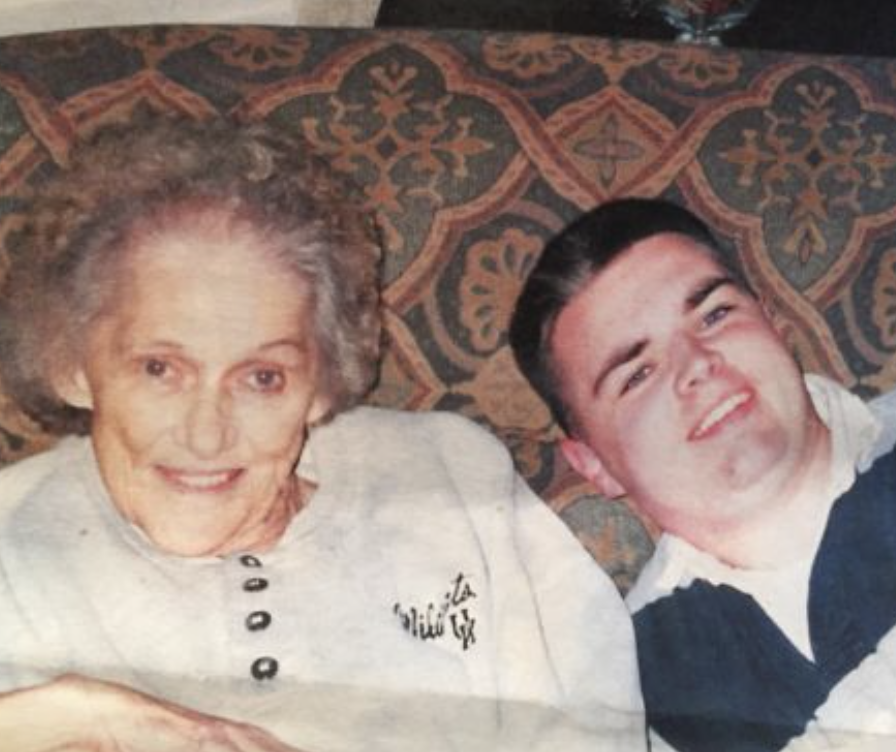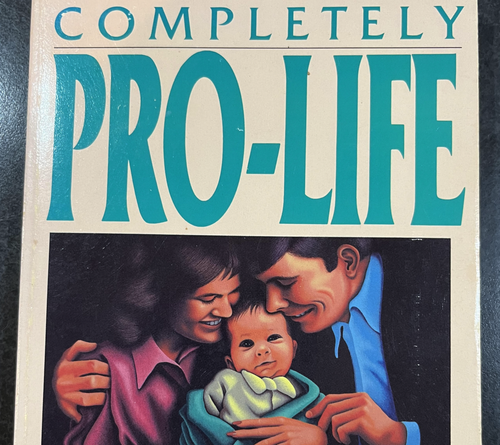'Tis the season for Salvation Army bells, which means that Major George Hood's telephone has started ringing and it isn't going to stop until Christmas.
People want to know how many dollars are coming in and where they are going and why. Hood is the man with the numbers, since he is the Salvation Army's community relations officer. In the past year, about 3.5 million Army volunteers and about 70,000 employees have helped more than 34 million needy people.
"If you look at those numbers, we're in good shape and it certainly seems like we're going to keep getting stronger," said Hood, hours before being buried in kick-off events for the 2005 red-kettle campaign. "We're thankful for that."
But there is another side of the equation, admitted Hood. As a charity, the Salvation Army is rolling with the punches – political, cultural and, in recent years, meteorological. But as a church, and as an evangelistic movement, the recent numbers are sobering.
The Army has about 3,500 ordained officers and 113,000 soldiers who have signed the statement of faith called "A Soldier's Covenant," with roughly 35,000 of those being "junior soldiers" under the age of 14.
On a typical Sunday, about 130,000 people attend services in 1316 corps community centers. Three decades ago the Army's four seminaries were full. Today, there are active attempts to find more adults who are willing to serve and the average age of officers – old and new – is rising.
"Those numbers have been flat for a number of years and, frankly, that has people talking about our future," said Hood. "Of course, it's still a mystery to a lot of people that we are a church, so we have to keep reminding people of that. People say, 'I had no idea that you're a church, too.' ...
"Are we a church or are we a charity? People have been asking that for ages. The answer, of course, is that we're both."
Meanwhile, the Salvation Army's status as a church has been linked to some nasty headlines in recent years. According to the conservative National Clergy Council, a boycott of the red kettles by gay-rights groups may have contributed to the decision by Target executives to enforce their ban on solicitations outside their stores. Army leaders have insisted that, as a church, they have a right to let their traditional Christian doctrines on sex and marriage shape some employee policies and benefits.
Of course, it's also newsworthy that those bell-ringing volunteers keep greeting shoppers with the controversial words, "Merry Christmas!"
This year, stressed Hood, the Salvation Army has worked out a compromise with Target in which online customers can make some holiday purchases for the needy. However, a few conservative religious groups are targeting Target by reminding their members that the red kettles are alive and well at many other stores.
Hood confirmed that the two-year controversy has not hurt donations. The kettles took in $93 million in 2003, including $9 million at Target stores. After the 2004 Target ban, the kettles took in $103 million, including $17 million at Wal-Mart and Sam's Club locations.
It does appear, said Hood, that the Salvation Army is maintaining its niche in the American imagination. The public has responded well to its pledge to keep "doing the most good to the most people in the most need." The question is whether people understand why the Salvation Army is doing the work that it does. After all, the word "salvation" is still in the brand name.
Army officers are trying new things. Some are working with Harley-Davidson motorcycle clubs to reach out to bikers. Some corps centers are starting "church on wheels" programs with buses that take worship services directly to needy neighborhoods. Others are trying to make Sunday services "more charismatic and more contemporary."
Can the Salvation Army replace brass bands with rock bands?
"People admire what we do, but they would prefer to worship at a Baptist church or a Presbyterian church or that megachurch that's in their neighborhood," said Hood. "They'll donate money to us and volunteer to help, but they don't want to worship with us on Sunday mornings. ...
"We still have people who think that all of our soldiers are off living in a barracks somewhere. People don't understand who we are."





